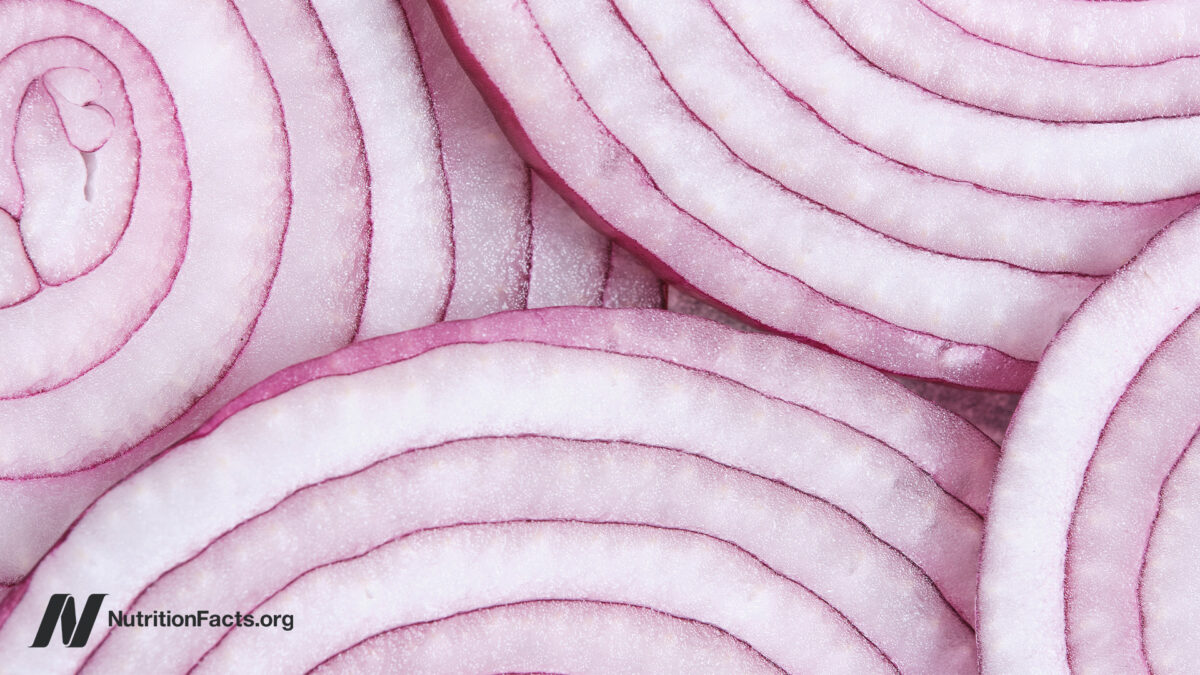An ode to my fave K-BBQ spot in Ara Damansara, who won’t reply to my interview questions
Jojo Sikdang is a Korean barbecue restaurant in Ara Damansara. Here's what we know about the founders and our review of the food.
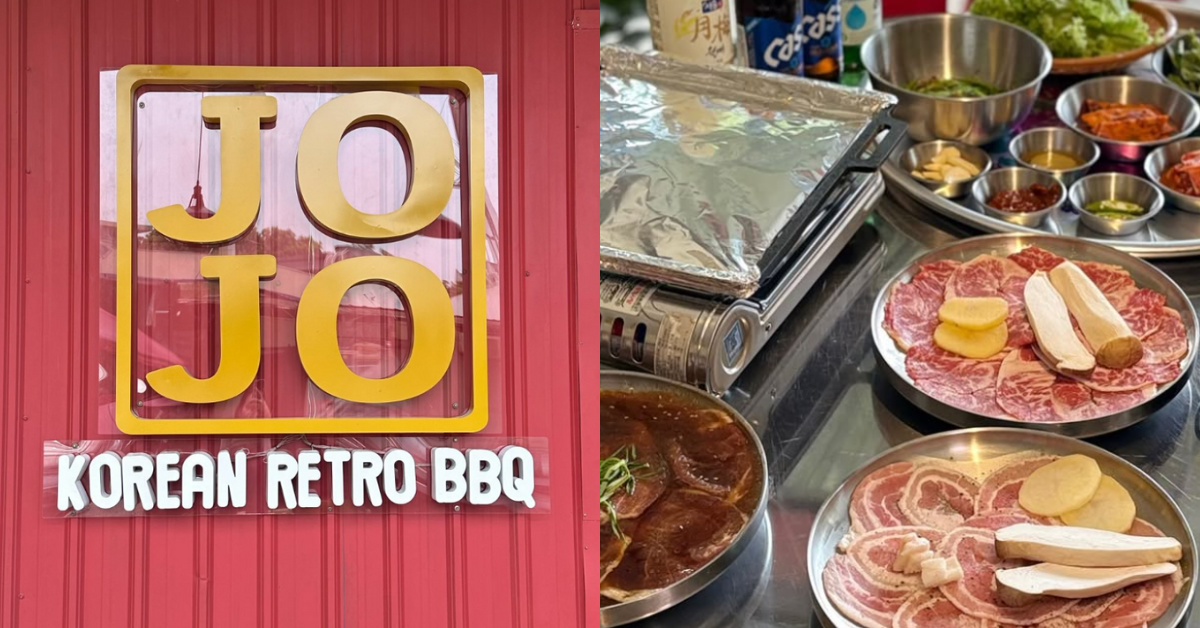
One fateful day five months ago, I came across a post promoting a new Korean restaurant by the name of Jojo Sikdang in Ara Damansara.
The food looked good, and I frequent that area, so it was a no-brainer to try. At the same time, I wanted to reach out and have an interview with the founders, curious to know more about the business I was patronising.
After getting in touch with their team, I sent out my interview request. Sadly, I haven’t been able to maintain contact. And yet, every now and again, I’ll message them a little follow up, in hopes that they would reply.
In this period of waiting, I’ve visited Jojo not once, not twice, but four times. Heck, I even went for my birthday celebration.
And despite not knowing it was my birthday the next day, the kind storeowner gave us some 서비스 (seobiseu)—dishes on the house—saying that it paired well with the makgeoli (rice wine). It was silken tofu with grilled kimchi and pork. Insane pairing. Devastatingly delicious.
Moved by this kindness, I feel compelled to tell you about this busines—even though they won’t tell me about themselves.
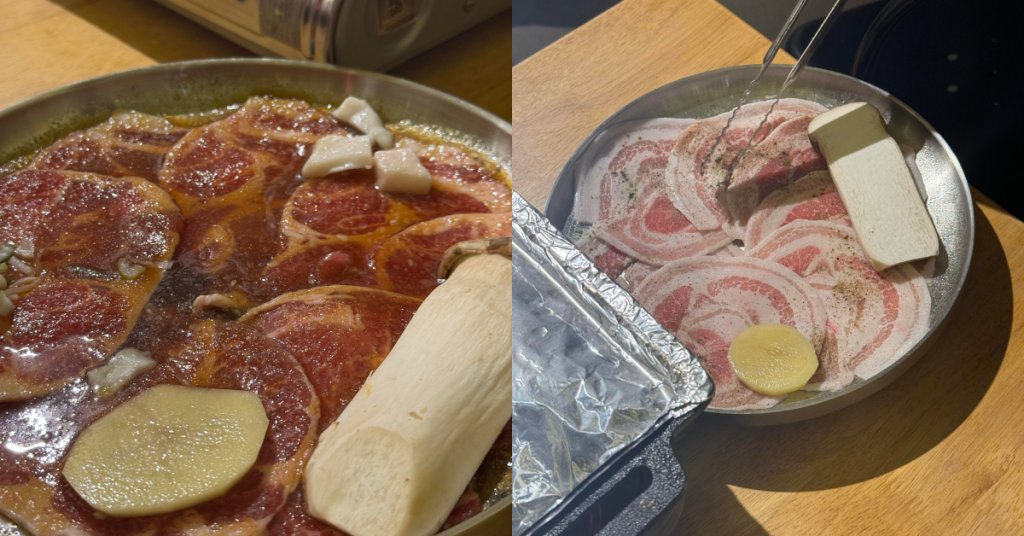 Image Credit: Vulcan Post
Image Credit: Vulcan PostHere’s what I know
One unique menu item at Jojo Sikdang’s offerings is its kkot sam—thinly sliced pork belly shaped into a flower.
Jojo might just be one of the only places in Malaysia that offers the dish. Now, it’s nothing too different from the usual pork belly, but it’s certainly just as thin, delicate, tender, and delicious as good pork belly typically is—but more on the food later.
The owners appear to be a couple from South Korea, with the lady boss having appeared on social media content. Meanwhile, the husband is someone I’ve encountered multiple times in the store.
The uncle is always attentive and present, and often jokes with us (such as when my friend did some cool party tricks with the soju).
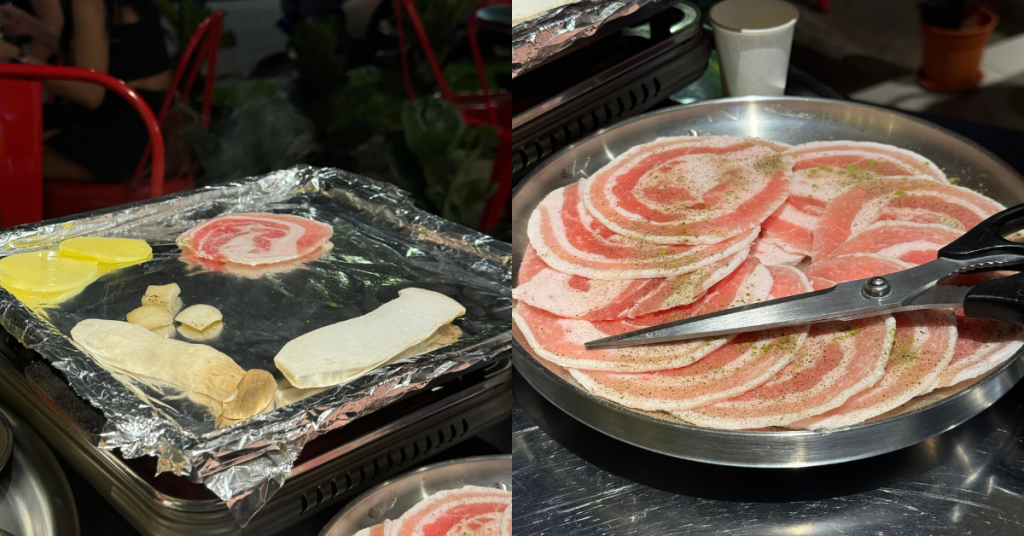 Image Credit: Vulcan Post
Image Credit: Vulcan PostWhile the team hasn’t replied to my interview questions, they have mentioned that it’s a family business. From there, I learnt I was liaising with the owner’s daughter, but that’s the extent of all the factual information I have.
In my four visits there, I’ve always encountered the same few waitstaff, which to me shows that turnover rate isn’t high so hopefully conditions are decent. They’re always super helpful, too, stepping in unprompted whenever they spot us struggling.
About the food
Sentiments also appear to be varying online, with some saying they dislike the food or find the meat too thinly sliced.
Taste is subjective, though, and my taste says that Jojo Sikdang offers some of the best Korean food I’ve had. And I just went to Korea in March.
Their meats are served with a tray of refillable sides (or banchan), including kimchi, jeon (pancake), garlic, doenjang (fermented soybean paste), lettuce, and perhaps most unique is the pajeori, which is a spicy green onion salad.
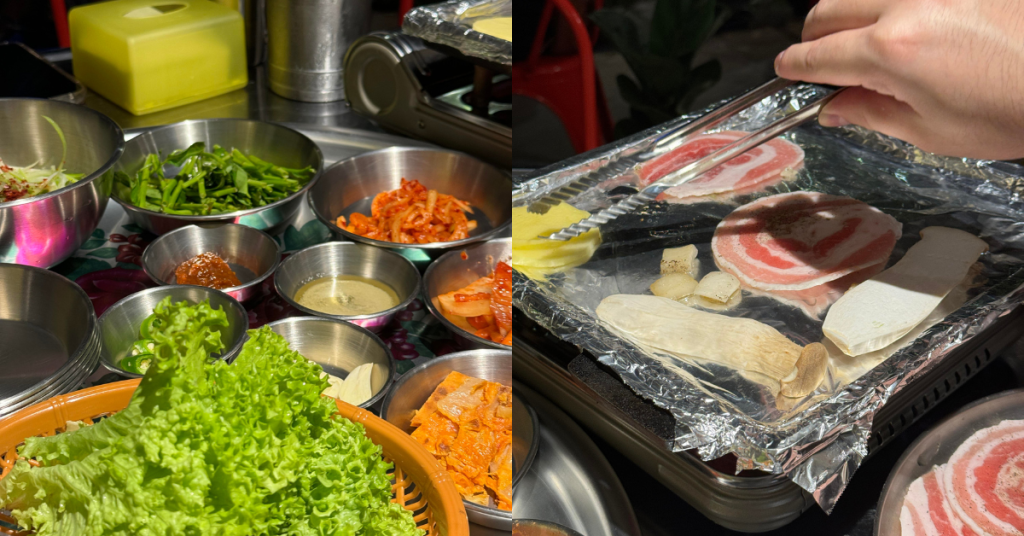 Image Credit: Vulcan Post
Image Credit: Vulcan PostInstead of wrapping a lettuce around the meat, you can wrap the salad with your meat for a refreshing, slightly tangy bite.
The flavour of the (refillable!) kimchi is to my liking, but again, that’s pretty subjective. I wish I could tell you that it was fermented using generations-old recipes, but alas, I know nothing of the history of the business.
Now, to address some concerns. Why use foil? Well, Jojo Sikdang uses it to keep the meat tender and juicy and to prevent charring.
(Not to sound pretentious, but local places in Korea also use foil—it’s perfectly “authentic” in casual contexts.)
Beyond their classic kkot sam (RM27), other signature cuts include the kkot moksal (thinly sliced pork shoulder), and one of my favourites, the yangnyum moksal (soy sauce-marinated pork shoulder) which is priced at RM28.
Note that getting two servings of meat gives you a small discount.
I also really, really recommend their kimchi jiggae (kimchi soup), which is umami and salty, but not spicy. It’s RM25 and comes with a fair amount of pork. Perfect with a bowl of white rice (RM5).
The RM18 steamed eggs are also delicious—fluffy and bursting with cheese.
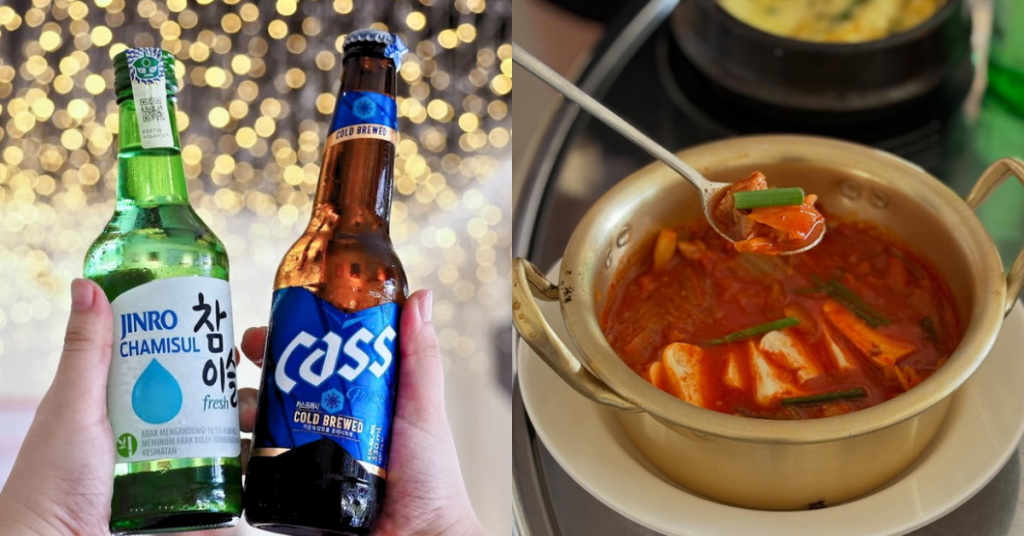 Image Credit: Jojo Sikdang
Image Credit: Jojo SikdangIf you drink, they have some decent offerings, too. For RM28 each, they have Cass beer, perfect for lager lovers, as well as Korean classics soju and makgeoli.
There’s also a unique lemon soju (RM33), which isn’t flavoured soju like you might think, but straight up just plain soju mixed in with lemon juice inside an aluminium kettle. There’s also cucumber soju, which I haven’t tried but believe is the same concept.
I wouldn’t call this pricing “affordable,” but I do think it’s good value for your money. It’s a nice environment with friendly people and delicious food. What more could I ask for?
Call me, maybe
The truth is, I do feel sidelined by the fact that Jojo Sikdang forgot about (or has elected to ignore) little old me.
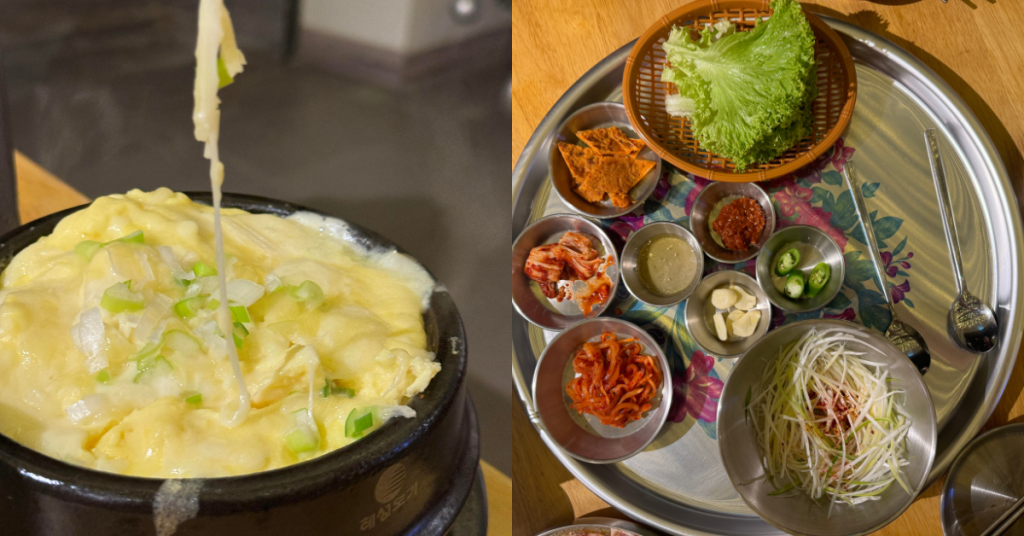 Image Credit: Vulcan Post
Image Credit: Vulcan PostWhat’s in it for me? Well, I’m not sure. More than curiosity, I just believe that their story is worth being told.
Here at Vulcan Post, we often share stories of Malaysian startups and SMEs. Now and again, though, these small businesses would tell us that they don’t feel like they’re big enough to talk to the media.
So maybe this article is a cry into the void to go against that thought. Perhaps it’s an occupational hazard, but I really believe there’s always a story somewhere, you just have to find and tell it.
Yes, these businesses don’t owe me anything. Still, I hope that perhaps one day, I’ll get to share the stories behind businesses such as Jojo Sikdang.
Learn more about Jojo Sikdang here. Read other articles we’ve written about F&B businesses here.Featured Image Credit: Jojo Sikdang

 BigThink
BigThink 
































